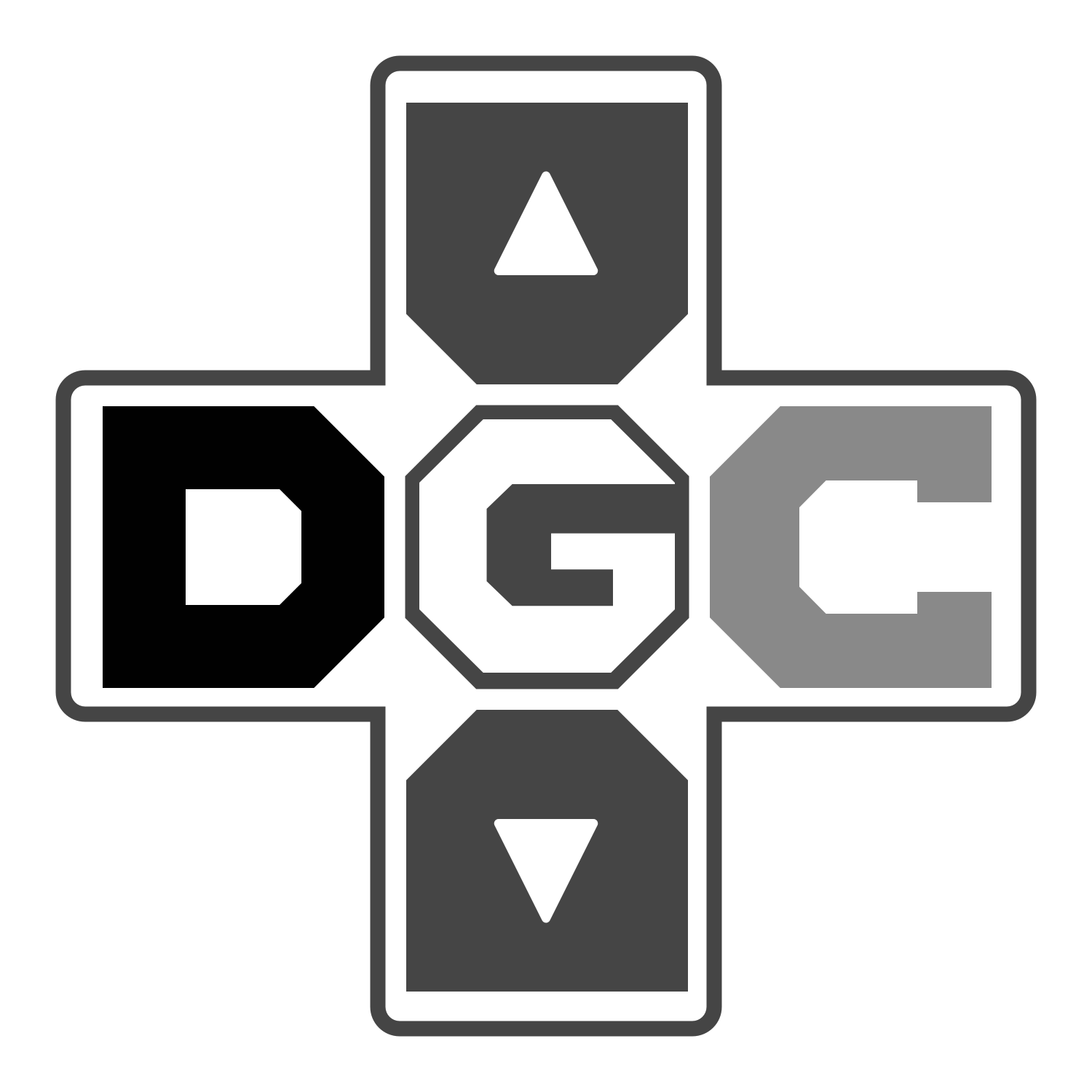DGC Ep 145: Pokémon Red/Blue (part three)
Welcome to Dev Game Club, where this week we return to our series on 1996 Game Boy classic Pokémon Red/Blue. We talk about how widely our strategy is varying both in terms of team make-up and approach as well as marvelling over how well the game supports both, and Brett geeks out over how the hardware of the Game Boy (and in particular the Memory Bank Controller) influenced the design of its games. Dev Game Club looks at classic video games and plays through them over several episodes, providing commentary.
Sections played:
Up to having 7 badges!
Podcast breakdown:
0:36 Pokémon discussion
59:17 Break
59:50 Feedback
Issues covered: Happy New Year, real Pokémon name or not?, our current team mixes, dominating in combat, allowing for widely different approaches, misunderstanding the depth of the game, cultural signifiers of the game, experimenting and sense of discover with Pokémon, more RPG than anticipated, the world opening up, more than just a collection landscape, fearing the end of the game, "Gotta Catch 'em All," the zaniness of the Pokémon, opacity of some of the Pokémon, Brett uses brute force, switching when things don't work, referring to the type chart, the underground tunnels, starting linear and opening up via guardposts/skills/bicycle, allowing a kid to follow his star, the differences of playing alone vs on stream, leaning on stream chat, not expecting RPG quests, efficient design of the Pokémon Flute, running away from the Snorlax, paying close attention to the abilities, layers and depth of information, designing your own Pokémon, HMs as critical path, connecting the overworld to the Pokémon, Tim and Brett playing against type, allowing so many varieties of play style, a healthy amount of slop, increasing numbers of Pokémon, commonalities of types to give you a hand-hold, Butterfree as a cornerstone of Tim's team, not doing much collecting, level cap and traded Pokémon, avoiding collecting to avoid the cap, not finding much to collect, trading in-game, using the GameLink, Game Boy technology, the Memory Bank Controller, virtual memory paging, having one program that runs on multiple sets of data that are lined up in a specific way, structure staying with the franchise afterwards, forcing particular patterns, coding in assembly, specifying how the music works via five hardware registers, timing the music, cultural differences for JRPGs, writing different programs to run on the hardware, all in on the singing reviews, is the computer having all the fun?, different kinds of fun, the appeal of different kinds of fun, the computer doing some of the work for you, not having the social engagement, losing your D&D players due to the excessive die rolling, hyper-specificity in Rolemaster, diceless RPGs, very slow evolution/conservative approach to the series.
Games, people, and influences mentioned or discussed: Game Boy, Final Fantasy IX, Dark Souls, Let's Go Pikachu/Evee, A Link Between Worlds, Link to the Past, Tetris, Metroid 2, Apple ][, GamaSutra, PlayStation, Ester Olsen, Dungeons and Dragons, Bruce Shelley, Marc LeBlanc, World of Warcraft, Gold Box (series), Rolemaster, SAGA system, Ben from Iowa Zaugg, Björn Johansson, Pokémon Go, Niantic, System Shock 2.
Next time:
Finish the game by defeating the Elite Four!
Links:
Doctor Ludos on GamaSutra -- Making A GB Game in 2017
https://twitch.tv/brettdouville, @timlongojr, and @devgameclub
DevGameClub@gmail.com
